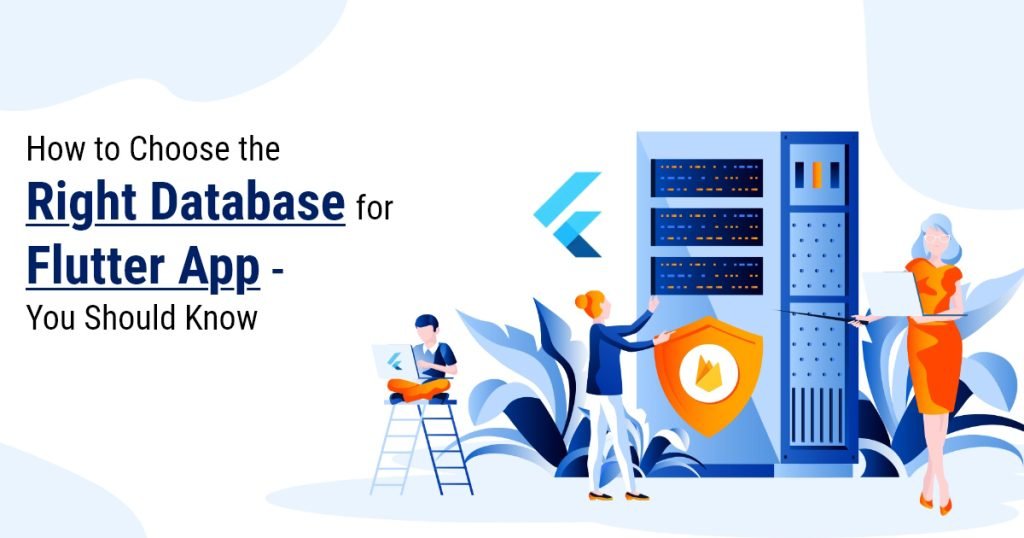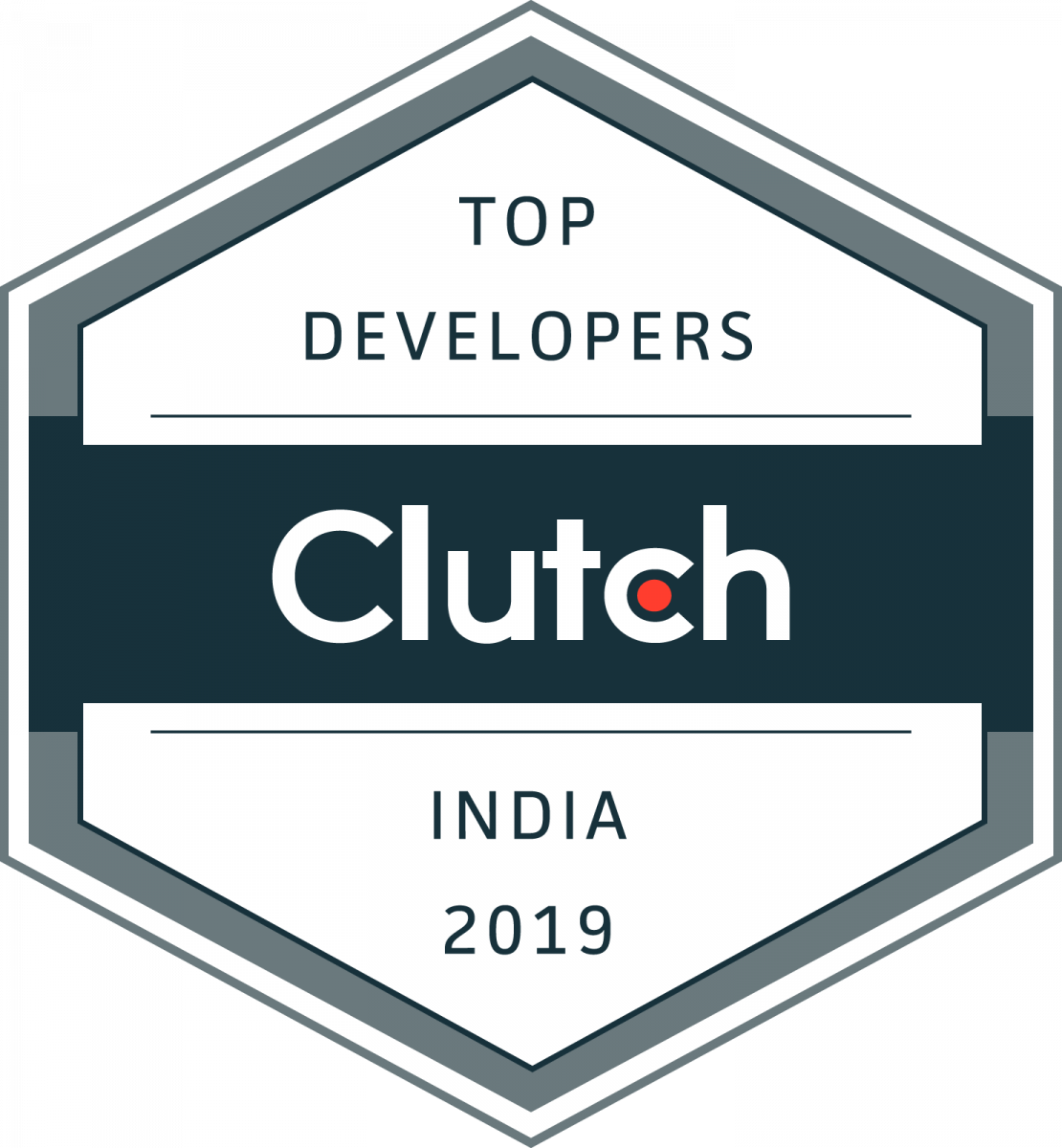A perfect flutter application requires a database that can handle millions of records and frequent updates. As a result, choosing the correct database for your Flutter app development is quite important. It’s difficult to conceive an app that doesn’t contain any data. And the information has to be kept somewhere. This location can be a local database or the cloud, depending on the app’s requirements.
When it comes to enhancing efficiency and scalability, as well as influencing usability and user experience, selecting the right data management solution is crucial. Despite the fact that flutter is still in its early phases, a variety of data management solutions are available, some of which are already in use.
However, how can you pick the ideal database for your Flutter app? Let’s talk about what we should pay attention to.
What is a Database?
A database, also known as data persistence, is a piece of software that saves and uses electronic information (data) in a systematic manner. In contrast to caching, data is reliably stored (persisted) and available to work with unless it is actively destroyed.
A database allows developers to save, read, change, and delete data in the database using a programming language or API. These operations take place in the background of a programme, hidden from view of end users.
Types of Databases for Flutter Mobile App Development

With different mobile development frameworks, it’s important to have the right database. We’ll concentrate on two sorts of databases that can be used with mobile technology for the sake of this discussion.
Databases are classed according to a variety of variables, including the sort of data they support, how they scale, how they can be defined, and where they store their data.
There are other databases available, however we will focus on two:
- Relational Database, where there is a relationship between the data The best examples of such databases are SQL and SQLite.
- Non-relational Database, Data is kept in documents in a non-relational database, and there is no relationship between the data. They’re not well-structured. MongoDB is a good example of this type of database. A NoSQL database is a type of non-relational database.
What are some of the most popular database packages out there?
Let’s look at the many sorts of databases available in Flutter and how to set them up quickly.
Relational database –
- SQLite
We’ll start with the most popular choice among developers: SQLite. It is, in essence, a universal SQL-based database. There’s a rationale for the “light” component. The goal of this database package is to be small and self-contained.
SQLite database in Flutter, in general, is a self-contained, server-less, and lightweight solution. Its performance is disputed, but it allows you to work with an in-memory database that is lightning quick. Support for mobile platforms is included in the base package. Although there is no support for web platforms, sqlite common ffi can be used to support desktop environments.
- Drift
Drift, originally known as Moor, is a SQLite-based reactive persistence library for Flutter and Dart.
It’s more of a wrapper over the SQlite package that gives us the same functions and capabilities for writing structured relational database queries, and it takes time to decrease the boilerplate that comes with standard SQLite scenarios.
- Floor
Floor is a SQLite abstraction for your Flutter apps, inspired by the Room persistence package. It supports automatic mapping between in-memory objects and database rows, as well as SQL-based database control. As a result, to fully utilize Floor’s features Hire flutter app developers in India, who have solid understanding of SQL and SQLite.
Clear separations, such as Entity, DAO, and Database, are always a good idea. You can also use this method to develop good tests for your DAOs and guarantee that your queries are validated.
Also Read – Flutter App Development Process: Ultimate Guide To Develop an Application.
Non-relational database –
- Firebase
You may read more about Firebase and get your hands on their code-labs by visiting the Flutter Fire Overview website.
One of the key advantages of adopting Firebase and Enjoy is that the storage location is cloud-based, which allows us to synchronize data across various devices rather than saving it to a single user’s device.
- ObjectBox
In Flutter, ObjectBox is a quick database for storing objects locally.
It has some good features, just like the great majority of others, such as scalability, statically typed code, multiplatform support (which means it can run on Android, iOS, web, and desktop), and memory performance.
- Hive
Hive is a NoSQL database that is both powerful and promising. It works across all platforms, including the web. The short search reveals that read and write performance benchmarks are quite impressive. It has a strong encryption built-in. Consider this a map with key-value pairs representing your items.
Hive is one of the most popular storage plugins, and many people appreciate it because of how simple it is to use.
Also Read – Top Most Popular Cross-Platform Mobile App Development Frameworks!
Wrapping up-
Flutter is the best solution for creating cross-platform Android and iOS apps right now. As a result, strategic preparation is required prior to selecting the appropriate database. Not only that, but integrating Flutter and a database will necessitate the services of a highly skilled developer. You must hire flutter app developers in India, to get up on the trend
We, ThinkStart Pvt LTD, a leading mobile development company in Jaipur, understand the requirements and the need for scalability in choosing the correct database for mobile applications because we have extensive experience developing large-scale or enterprise mobile applications.
Please let us know if you have any difficulties building large data apps from the ground up.





























